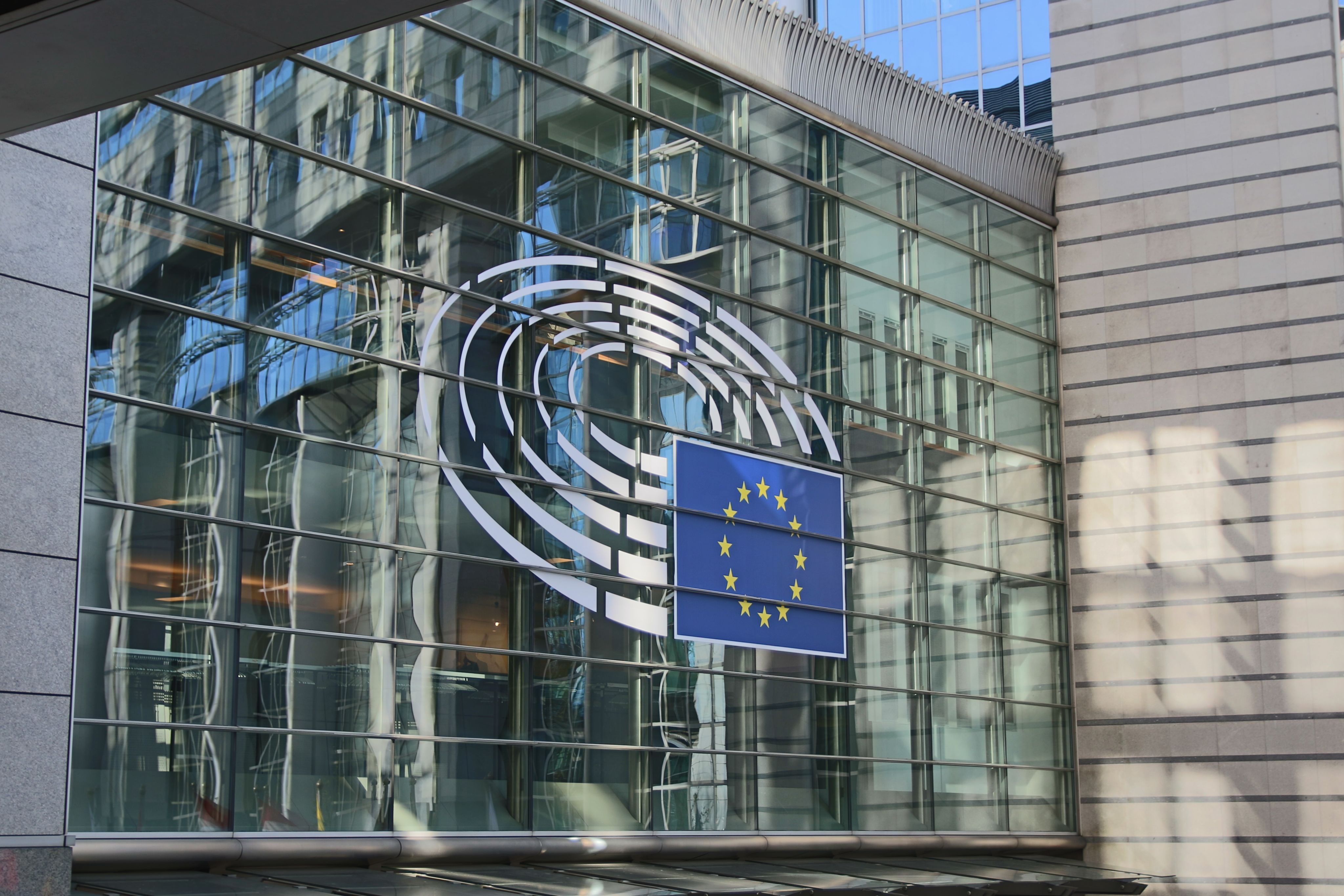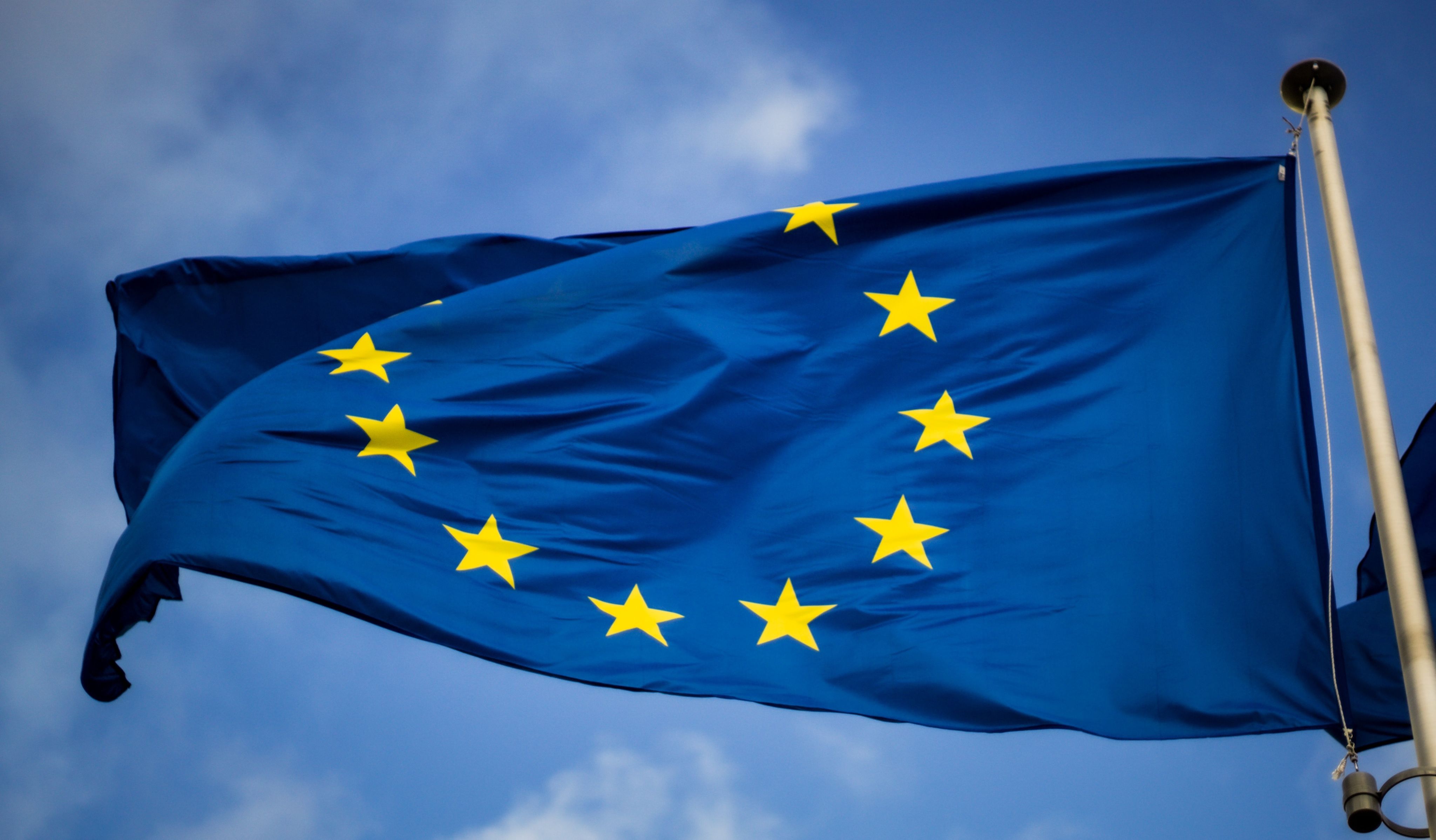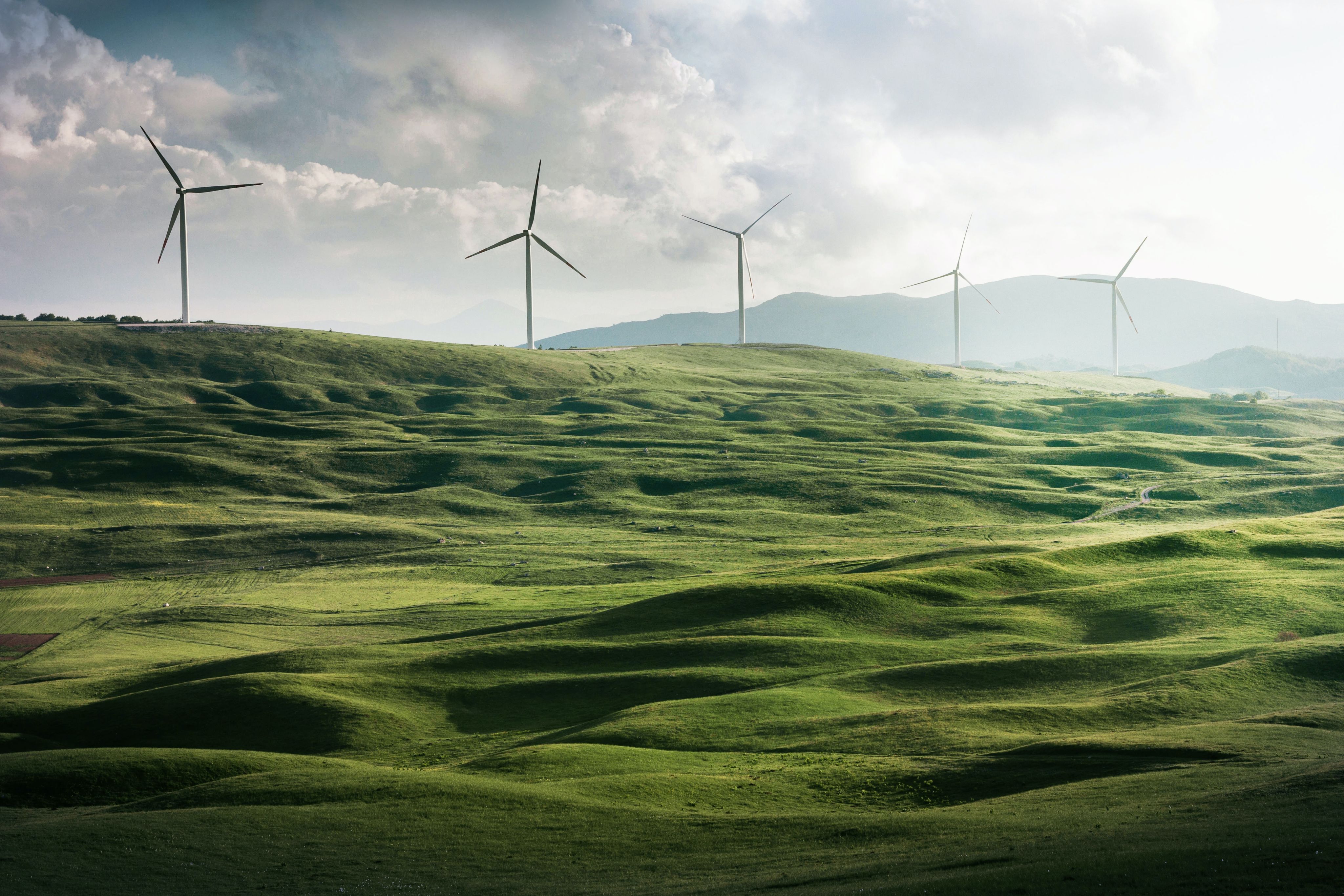Gas, hydrogen companies may see European 'demand aggregation' mechanism enshrined in EU law, document shows
MLex exclusive: Gas, hydrogen companies may see European 'demand aggregation' mechanism enshrined in EU law, document shows
Companies in the gas and hydrogen sectors may see key aspects of the EU joint gas purchases mechanism enshrined into the regulation for gas and hydrogen markets and possibly extended to several energy commodities, a document seen by MLex shows. Draft legal text on the matter was provided by the European Commission to EU lawmakers negotiating new gas and hydrogen market rules today as a courtesy, MLex understands.
Read on for the story, or start your free trial today to access the latest news and analysis on Energy & Climate regulation from MLex®
18 July 2023
By Stefano Porciello
Companies in the gas and hydrogen sectors may see key aspects of the EU joint gas purchases mechanism enshrined into the regulation for gas and hydrogen markets and possibly extended to several energy commodities, a document seen by MLex shows.
Draft recitals and articles were provided by the European Commission to EU lawmakers on Tuesday, MLex understands, as representatives of the European Parliament and national governments gathered to negotiate a gas and hydrogen markets regulation proposal.
The draft is an “informal courtesy document” provided to facilitate technical discussion, a disclaimer says, stressing it does not reflect the final views of the commission, and follows another unofficial document where similar options were discussed.
The text does not mention joint purchases but defines the rules to “establish a mechanism to enable voluntary demand aggregation of natural gas” very similar to the model of the current platform aggregating EU gas buyers’ demand and matching it with suppliers’ offers.
If a “Union alert due to the deterioration of the gas supply situation” is declared, the commission would have the power to make the mechanism mandatory, and EU governments would have to oblige companies to participate in demand aggregation with volumes “at least equal” to 15 percent of national gas storage obligations.
The mechanism would see gas buyers aggregating their demand thanks to a service provider that should then “search of offers from gases suppliers or producers in order to match them with the aggregated demand.” Buyers would be then be free to make purchase contract deals.
An article would grant the commission the power to decide to extend key rules to “hydrogen under the activities of the Hydrogen Bank, renewable or low-carbon gases or other energy resources,” the draft text reads.
In these cases, the demand aggregation mechanism “will count with additional steps focused on transparency and non-binding demand assessment with the aim, among others, to assist the European Hydrogen Bank in providing visibility on hydrogen demand, supply, flows and prices,” a recital reads.
The hydrogen bank is an EU auction-based subsidy scheme to support investment in renewable hydrogen production.
The rules foresee that western Balkan countries plus Ukraine, Moldova and Georgia would be allowed to participate in the demand aggregation mechanism.
Companies under EU sanctions would be excluded from the mechanism. Gas offers from Russia and Belarus could be excluded by a temporary, fixed-term decision of the commission when necessary to protect Europe’s security interests or security of supply, including that of one or more member states.
This exclusion would be conditional on not disrupting the functioning of the EU gas market or undermining security of supply; the respect of an energy solidarity principle, and on compliance with rights and obligations towards third countries, an article says.
The law proposal put forward by the commission in 2021 already foresaw an option for EU member states to create an emergency mechanism “for the joint procurement of strategic stocks by transmission system operators” — meaning to stock natural gas.
The article was amended by the European Parliament but canceled by the national government in the Council of the EU in their respective initial positions over the text.
According to a recent document attributed to the EU executive and seen by MLex, both institutions asked the commission to provide “drafting proposals” based on the current joint gas purchasing mechanism “to facilitate reaching a compromise on this matter.”
Last week, the extension to hydrogen and strategic raw materials of the currently-used mechanism for jointly purchasing gas was publicly promoted by the EU executive's strategic foresight chief Maroš Šefčovič, who also flagged that several parliamentarians might be sharing his same views.
For access to our news and analysis in real time, start your free trial today.

An independent news agency, MLex® provides exclusive market insight and real-time reporting on regulatory risk from 15 bureaus across the globe.
See for yourself why we're trusted by the world’s leading law firms, corporations, consultancies and regulators.



